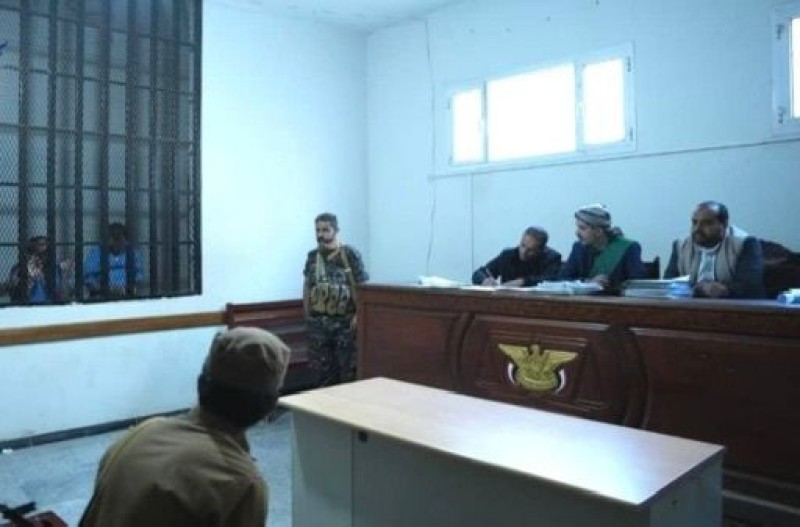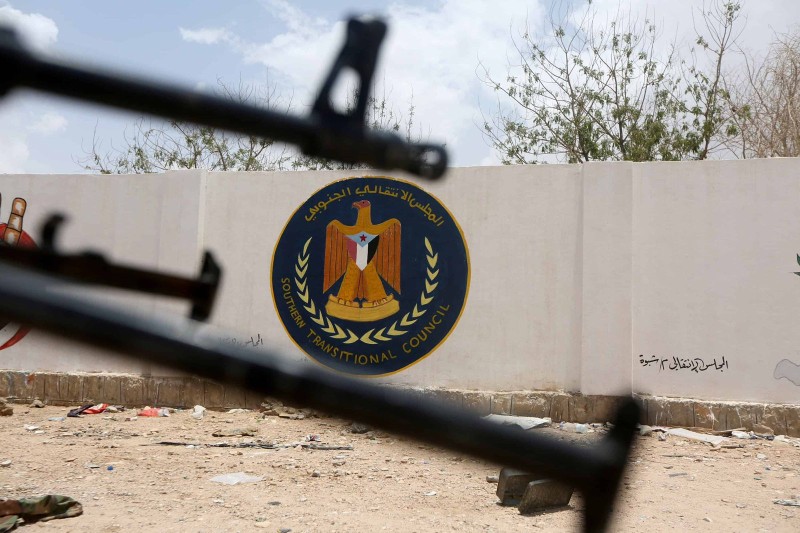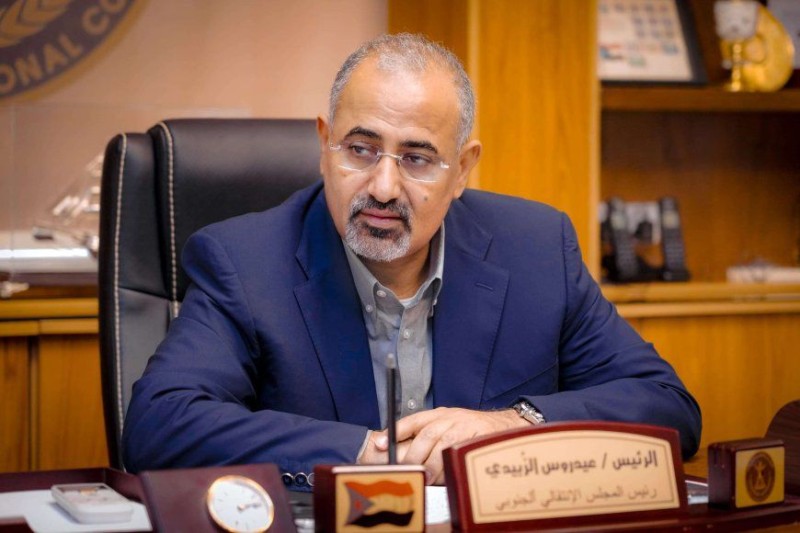Efforts Ramping Up to Resolve Yemen Conflict Following Saudi Attacks


Efforts to resolve the nearly five-year conflict in Yemen are increasing following drone and missile attacks on Saudi oil facilities last month.
Despite Houthi rebel claims of carrying out the sophisticated airstrikes, most Gulf observers believe the highly coordinated attacks on the Abqaiq and Khurais crude oil production hubs were likely launched by Iran. They say regional players and the West see the imperative to prevent a broader conflict with Iran from developing. The conflict pits Saudi coalition forces that support Yemen's government against the Iranian-backed Houthi. Tehran has continued to deny any role in the attacks.
The Houthi rebels are members of the Zaidi branch of Shi'ite Islam, to which at least one-third of Yemen's population belongs. The once rag-tag rebels have, with Shi'ite Iran's help, held off the military might of Yemen's rich Gulf neighbors, Saudi Arabia and the United Arab Emirates, for the past four-and-a-half years. They also have proven to be some of the most effective fighters in the proxy war playing out between Sunni Muslim and Shi'ite powers for control of the Gulf.
Some analysts believe the Houthi are taking a two-pronged approach to win the war. On Monday they freed 290 prisoners, including survivors of a Saudi airstrike on a prison, in a bid to promote talks. Last week, though, they claimed, without providing much evidence, to have killed hundreds of troops in an attack on Saudi territory and taken thousands more captive.
They apparently are trying to maintain military momentum while pressing for a cease-fire. Observers say the Saudis may now see the war south of the border as posing a greater threat than before.
Gulf analyst Neil Partrick is the editor of and lead contributor to the book, "Saudi Arabian Foreign Policy: Conflict and Cooperation." He tells VOA that Saudi Arabia has responded to the rebels with a combination of airstrikes on the port of Hodeidah — an important port for humanitarian aid — while offering a very partial cease-fire. Saudi-led forces claimed they were targeting the Houthi rebels' capacity to mount remote-controlled assaults on shipping in the Red Sea.
"Perhaps that interest on either side in at least winding down aspects of the conflict suggests from the Saudi point of view that there is a recognition that after four-and-a-half years, they can't bomb the Houthi into submission, and that perhaps there has to be some kind of accommodation," Partrick said.
"Saudis would say that they have always been interested in dialogue, and there has been attempted dialogue at various points. There has always been an interest, albeit on terms that would benefit Saudi Arabia," he added.
Saudi Arabia recently announced the cease-fire in Yemen after a visit to the region by U.S. Assistant Secretary of State for Near Eastern Affairs David Schenker. Schenker said Washington is in talks with the rebels in a bid to end the war, the first such contact in more than four years. The Wall Street Journal reported the Trump administration was trying to coax Saudi Arabia into negotiations with Houthi leaders, amid the threat of a broader regional conflict with Iran.
"It may be becoming more important and more serious now, but as ever, it depends just how much, from the Houthis' point of view, territory they are to withdraw from and how much weaponry they are expected to give up, which has been a constant issue. The Saudis are in many ways rather constrained in what they can do to deal with what they see as the Iranian regional threat," Partrick said.
"Airstrikes in Yemen have proven to be a very limited success, and in many ways counterproductive ... There is a recognition on the Saudi side there is a limit to what it can do, if key allies don't want to take a direct military response against Iran in light of the Abqaiq and Khurais attacks," he said.
There was shock in Saudi Arabia, said Partrick, who was there in the immediate aftermath of the attacks. The country's semi-official press and others expressed the need for the West to take strong, even military, action against Iran.
At the same time, he said, the Saudis do not want a regional war that could endanger them directly. He says instead, the approach by Saudi Arabia's Western allies, showing continued commitment without direct policing, has resonated well with its Gulf partners.
“Any repeat incident by Iran is likely to be on the Gulf area itself."
"It's more likely to be a focus on the Gulf. The U.S. and the U.K. have effectively, with France as well, adopted what's considered a political and psychological response to the attacks on the oil facilities," the author noted.

Sana’a – The Houthi-run Special Criminal Court in Sana’a has continued the trial of several former employees of the U.S. Embassy,…

Aden – Southern Transitional Council (STC)-affiliated forces on Saturday rejected accusations issued by Yemen’s General Staff, which cl…

Aden – Aidarus Qassem Al-Zubaidi, President of the Southern Transitional Council (STC) and Vice Chairman of Yemen’s Presidential Leader…